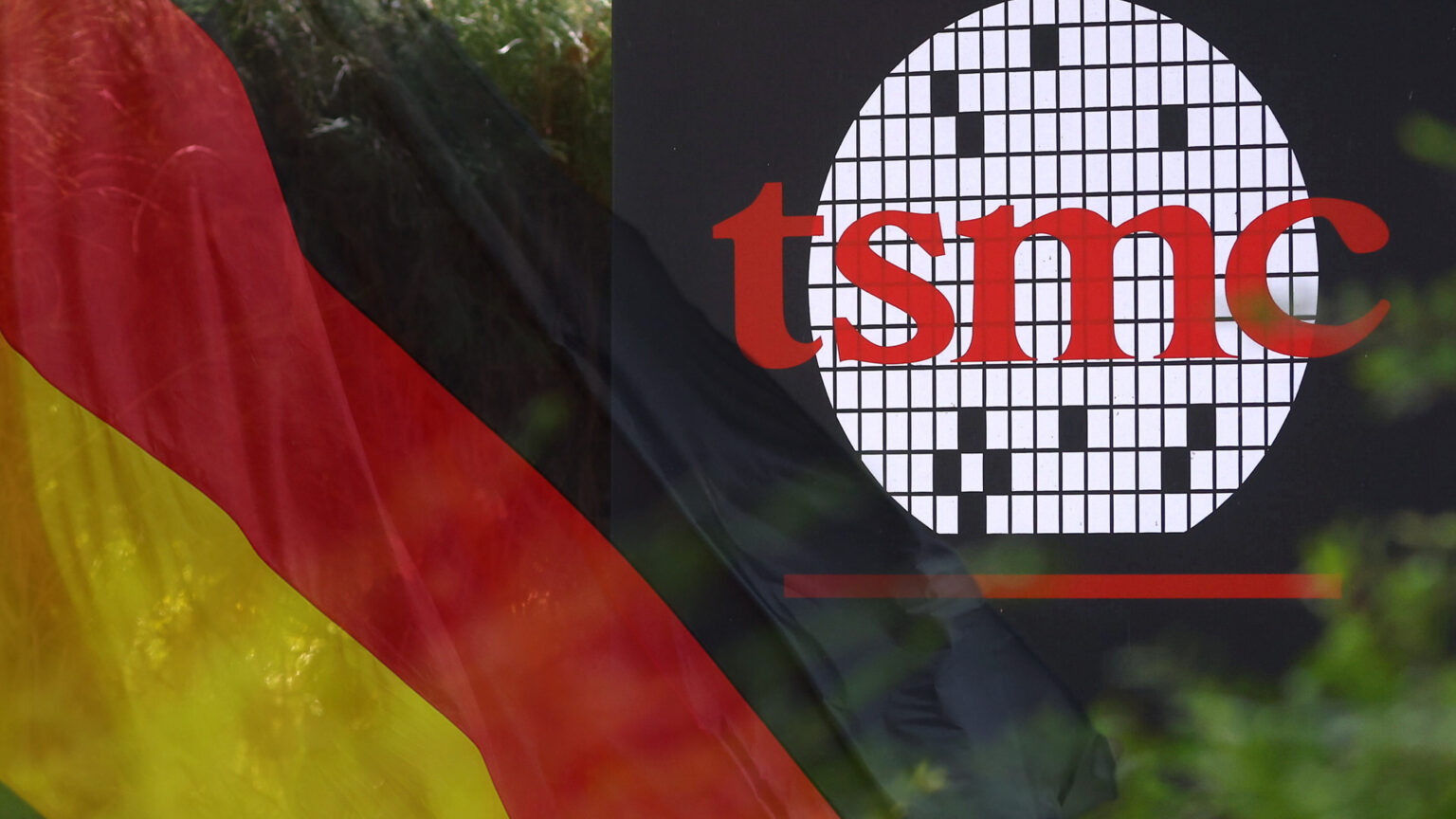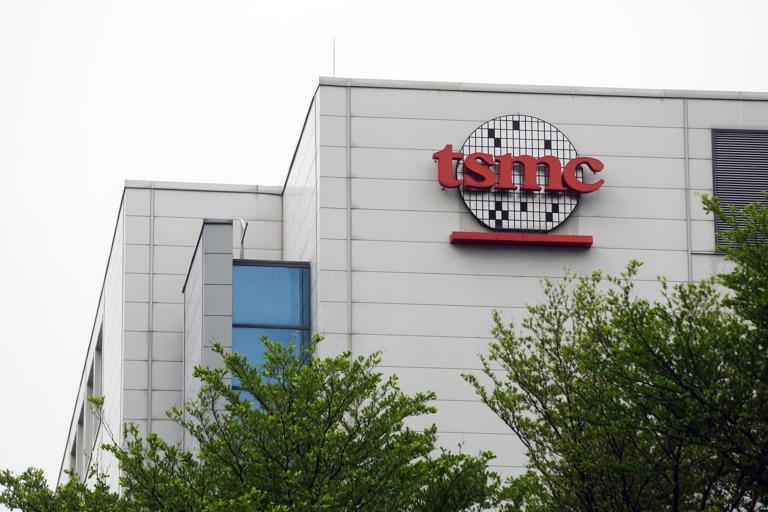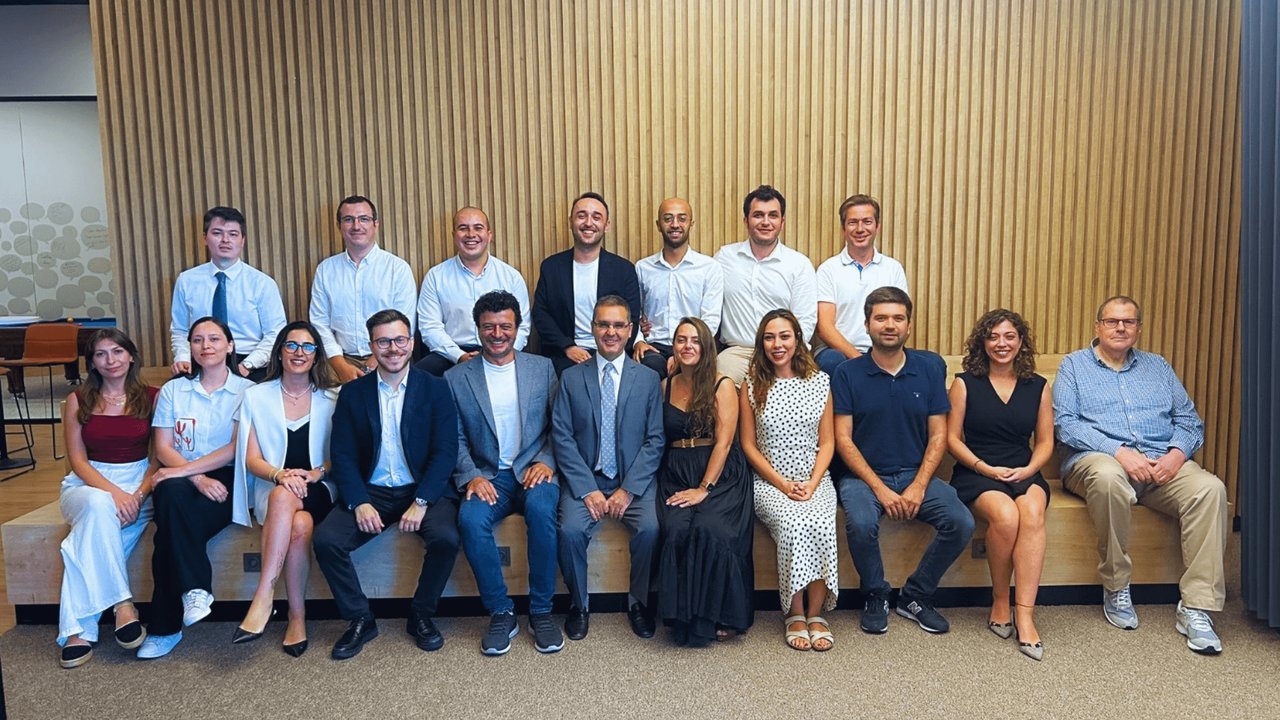The German government will give the green light for the construction of a €10 billion ($11 billion) chip plant in Dresden following a board meeting with Taiwan Semiconductor Manufacturing today. Chancellor Olaf Scholz's ruling coalition is prepared to provide up to €5 billion in subsidies for the plant, which will specialise in the production of chips for the automotive industry. Governments around the world are competing for new chip factories to gain more control over their supply chains, especially after the disruptions caused by the Covid-19 pandemic.
Also Read: Human Resources Platform One Model Receives Investment
TMSC

Chip supply shortages, particularly in Asia, have affected various industries, including automotive and consumer electronics, highlighting the risks of relying on foreign stocks. Germany has emerged as one of the most proactive countries in domestic manufacturing. The Scholz government is expected this week to approve a plan to allocate about $22 billion to a fund targeting semiconductor manufacturing and climate protection measures. Intel Corp. is also set to receive about $11 billion in subsidies from the German government for its chip complex.
Taiwan-based TSMC is in talks with partners including NXP Semiconductors NV, Robert Bosch GmbH and Infineon Technologies AG for investment in its new German startup. TSMC President Mark Liu confirmed that the company is considering having customers hold minority stakes in the German factory. TSMC is expanding its presence abroad to address concerns about tensions in the Taiwan Strait. It is committed to building two advanced plants in Arizona, US, at a total cost of $40 billion, and is building an $8.6 billion plant in Japan with support from the Japanese government and investments from Sony Group Corp. and Denso Corp.





No comments yet for this news, be the first one!...